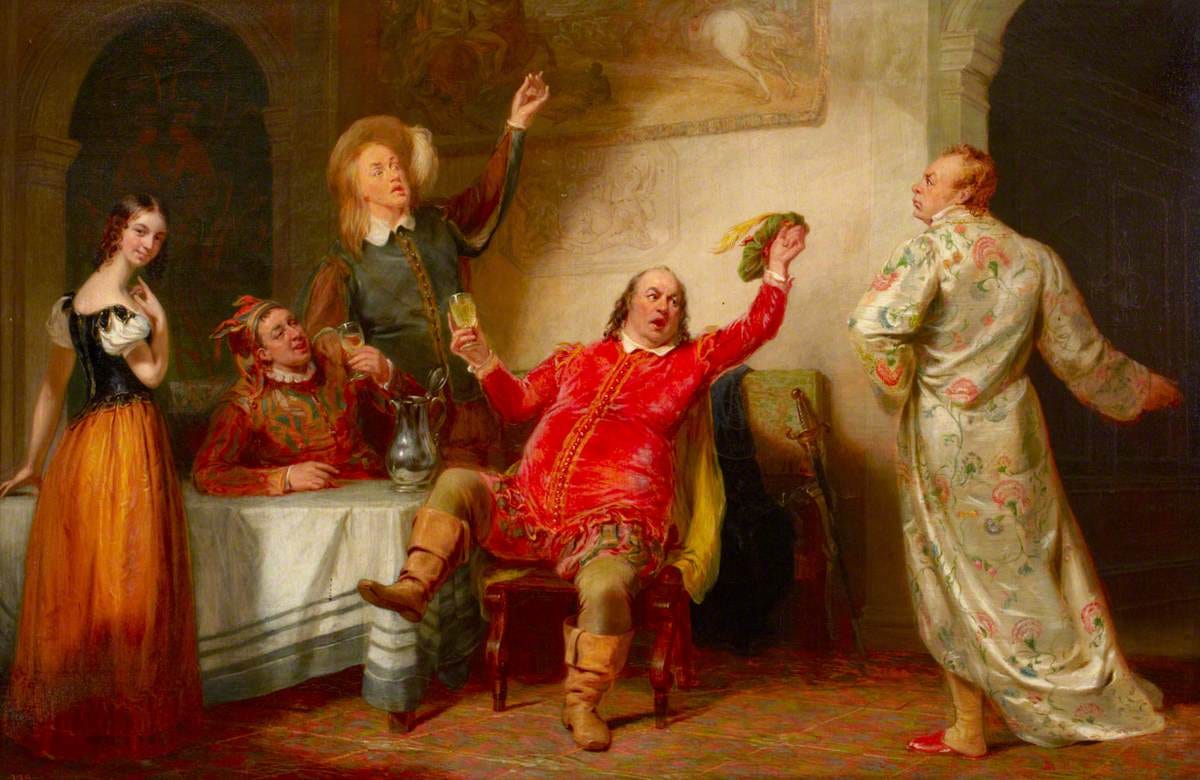Recognizing Greatness
Has anyone told you how great you are?

“A show of superior knowledge, perception or taste usually is as defeating as being seen to think on television… If the world arranged itself along the lines set forth by men and women of genius, how would it be possible to elect a president or bestow an Academy Award? Who could anybody invite to dinner?” — Lewis H. Lapham, 1999
The Emmys aired over the weekend.
While I don’t watch a lot of television, I am selective about the few shows I do make time for.
One of my requirements is some sort of superlative, usually with respect to the writing. I enjoy well-written shows that have been recognized for their superiority.
Shows like Hacks, The Sopranos, Better Call Saul, Breaking Bad, The West Wing, and they like.
Shows that have fascinating characters with compelling story arcs, where bingeing feels as gratifying (and necessary!) as viewing a single episo…



